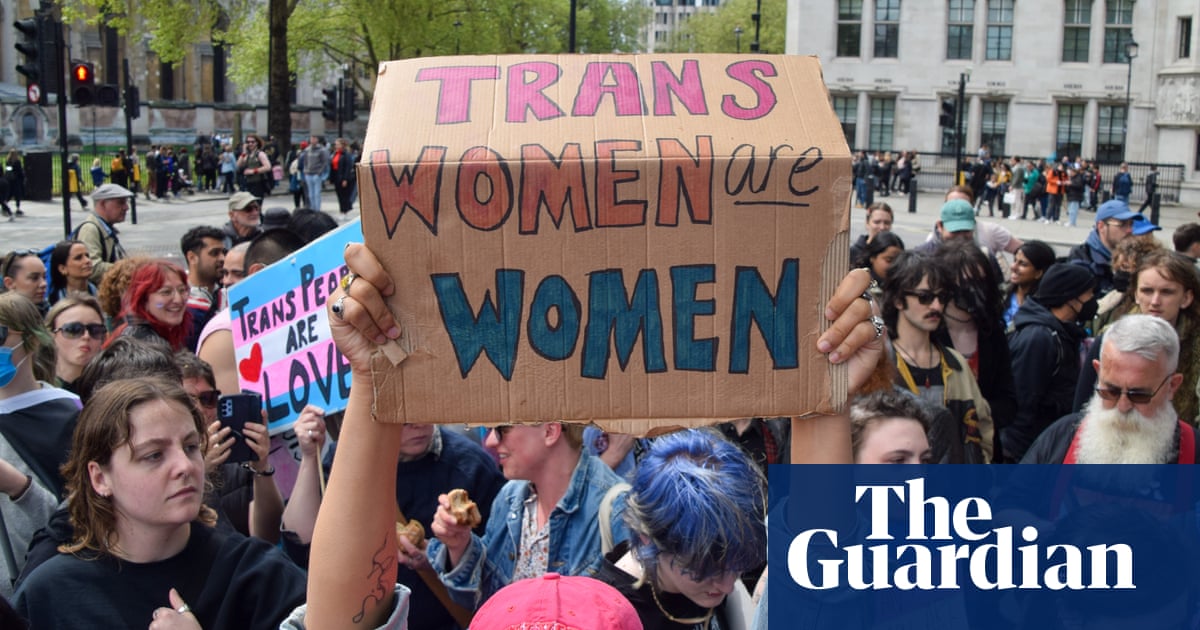More than 400 actors and film industry professionals have signedan open letterpledging their “solidarity” with the trans, non-binary, and intersex communities who have been affected by the recent supreme court ruling.Eddie Redmayne, Katie Leung, Nicola Coughlan, Charlotte Ritchie and Paapa Essiedu are among those to have signed the letter addressing the film and television industry as well as cultural bodies.Bella Ramsey, James Norton, Joe Alwyn, Himesh Patel, Harris Dickinson and the director Ken Loach are also signatories.In mid-April, supreme court judgesunanimously ruledthe terms “woman” and “sex” in the Equality Act 2010 refer to a biological woman and biological sex.This means a gender recognition certificate (GRC) does not change a person’s legal sex for the purposes of the Equality Act.The ruling has been interpreted to mean that trans women can be excluded from women-only spaces like toilets and changing rooms.The open letter said: “We believe the ruling undermines the lived reality and threatens the safety of trans, non-binary, and intersex people living in the UK.”
It added the film and television community had previously come together in response to the Me Too and Black Lives Matter movements by “reflecting” upon working practices and “uplifting” a broad spectrum of voices.
“We must now urgently work to ensure that our trans, non-binary, and intersex colleagues, collaborators and audiences are protected from discrimination and harassment in all areas of the industry – whether on set, in a production office, or at a cinema.”The letter continued: “Film and television are powerful tools for empathy and education, and we believe passionately in the ability of the screen to change hearts and minds. This is our opportunity to be on the right side of history.”On Wednesday, the justice secretary, Shabana Mahmood, said it is “absolutely unacceptable” to question the validity of the supreme court ruling that the term “woman” is defined by biological sex.Giving evidence to the Joint Committee on Human Rights, Mahmood said: “They obviously provided the legal clarity in their legal decision, which is exactly their job.“I think it’s disappointing since then that some individuals have sought to question the validity of the supreme court or cast aspersions, which is absolutely unacceptable.“I think they’ve done their job and I think they’ve sought to do it in a way that recognises that we’re talking about a balance of rights, but sought to give confidence to a minority community that they still have protections.”Some trans rights groups have raised concerns about the practical implications of the ruling.
